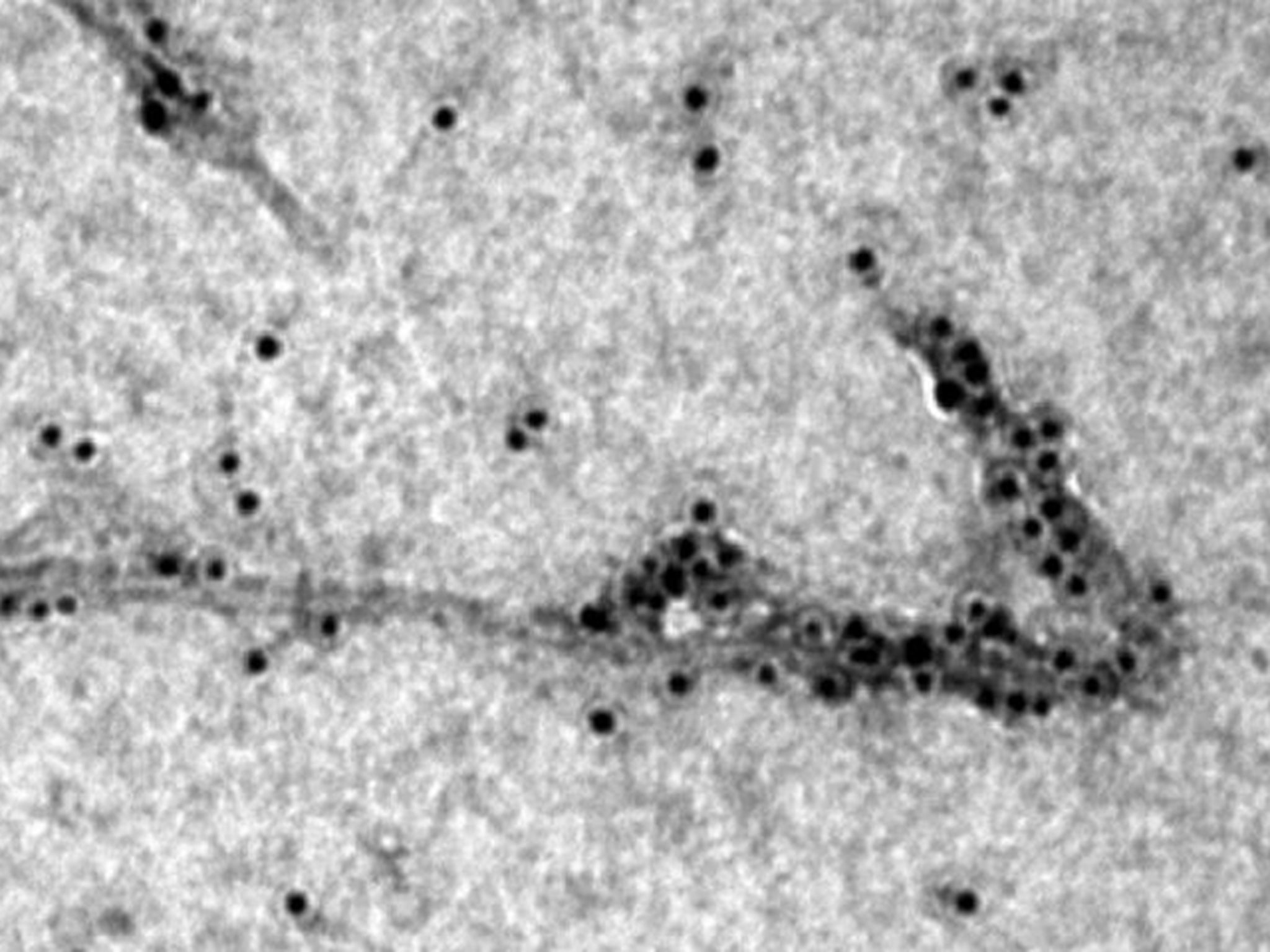Possible breakthrough in search for Alzheimer’s drugs
International team of scientists has high hopes for naturally occurring molecule

Your support helps us to tell the story
From reproductive rights to climate change to Big Tech, The Independent is on the ground when the story is developing. Whether it's investigating the financials of Elon Musk's pro-Trump PAC or producing our latest documentary, 'The A Word', which shines a light on the American women fighting for reproductive rights, we know how important it is to parse out the facts from the messaging.
At such a critical moment in US history, we need reporters on the ground. Your donation allows us to keep sending journalists to speak to both sides of the story.
The Independent is trusted by Americans across the entire political spectrum. And unlike many other quality news outlets, we choose not to lock Americans out of our reporting and analysis with paywalls. We believe quality journalism should be available to everyone, paid for by those who can afford it.
Your support makes all the difference.Scientists have claimed a significant breakthrough in the search for possible drugs to prevent Alzheimer’s, after discovering a naturally-occurring molecule that blocks a key step in the development of the disease.
An international team of researchers including experts from the University of Cambridge struck upon the molecule after extensive investigations into the chain of events inside the brain, which lead to Alzheimer’s.
Discovering molecules that offer protection is hugely important, because they can offer clues to what substances could eventually be harnessed in drug treatments.
The molecule, called brichos, interrupts the process whereby malfunctioning proteins in the brain form into toxic clusters – a key link in the chain of molecular events that scientists now think leads to Alzheimer’s.
It works by sticking to threads of proteins – known as amyloid fibrils – and preventing them coming into contact with other proteins and forming clusters.
Ordinarily in the development of Alzheimer’s, the formation these of clusters, known as oligomers, sets of a chain reaction and they spread throughout the brain. Brichos – a kind of molecule known as a "molecular chaperone", which exists naturally in the body, can bind to the surface of amyloid fibrils and prevents them assisting other proteins from binding into clusters.

Dr Samuel Cohen, research fellow at St John’s College, Cambridge, a lead author of the study, said it was the first to show that one of the “critical processes” in the development of Alzheimer’s disease could be inhibited.
“A good tactic now is to search for other molecules that have this same highly targeted effect and to see if these can be used as the starting point for developing a future therapy,” he said.
The study is published in the journal Nature Structural & Molecular Biology.
The Alzheimer’s Society said the finding was “exciting” and gave researchers “a whole new way of looking at the problem”.
Join our commenting forum
Join thought-provoking conversations, follow other Independent readers and see their replies
Comments